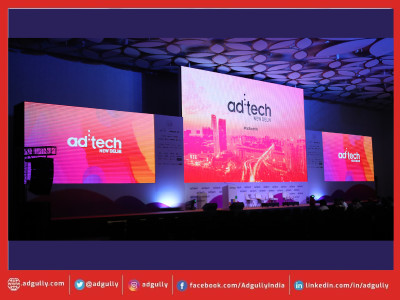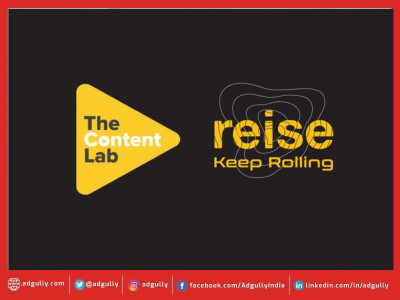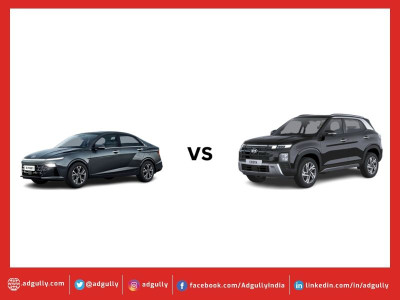Dove’s study sheds light on beauty stereotypes that still exist in society
In a world where everyone is experimenting with new looks, quirky hair color and head-turning hairstyles, there still exist pre-defined standards of what ‘beautiful hair’ looks like. According to a new study commissioned by Dove Hair, in collaboration with Hansa Research, reflects strong biases to various aspects of women’s hair. For the study, 2007 men and women between the age group of 18 to 55 years were enrolled in several tests to study biases towards hair and the results revealed are shocking. The study found that 71% Indians think short, colored and curly hair is less beautiful than long and straight hair and 87% Indians prefer women keep long hair (instead of short). This mindset reflects a constant pressure on women to conform to societal norms and expectations to wear their hair at a certain length, stick to a certain color and texture, leaving them underconfident and self-conscious.
Today a woman’s role has evolved significantly to be multifaceted, requiring them to juggle multiple roles and responsibilities. Women are now self-sufficient, well-aware and financially independent. They have attained immense success in every field, whether it is sports, politics, academics or the space of the home. Yet such narrow standards and perceptions reinforce the stereotypes and biases that have an implication on the role and status of women. The society is still guided by the archaic belief that a woman’s goals and accomplishments come secondary to how well she wears her crowning glory and how physical standards of beauty have seeped into every aspect of her personal and professional world.
“For decades, Dove has been working to ensure that women have the freedom to make their own choices. We understand the impact typecasting can have on an individual’s confidence. It is essential to liberate women from pre -defined notions of beauty, embrace the diverse attributes that Indian women have, to enable them to explore their potential to the fullest. As this research highlights, there is a need to change the mindset and Dove strives to create a ripple effect with its responsible campaigns,” said Harman Dhillon, Vice President- Hair Care, Hindustan Unilever
The results further echo a stereotype mindset that is intrinsically unhealthy and weighs down the choices for Indian women. It is stressful for women that they are judged by prematurely greying hair or type of hair before they even enter the room. That’s exactly what the study reflects – a strong bias against curly hair where 81% Indians do not prefer it while 63% Indians think that women with premature greying should dye their hair.
Such limiting perspectives of beauty present an urgent need to address, evolve and liberate mindsets through systemic change. It is time to take a significant leap towards creating a space that nurtures women, liberates them from conventional barriers and celebrates their individuality, independence and freedom of choice.
















Share
Facebook
YouTube
Tweet
Twitter
LinkedIn